For all writers, readers, publishers, agents, and general genre enthusiasts, FantasyCon is one of the friendliest and informative places to be. For those of you unfamiliar with FantasyCon, it is unlike the conventions you may be used to – it isn’t primarily about signings, photographs, and wading through an endless sea of merchandise of variable quality. Instead, FantasyCon (brought to you by the wonderful people at the British Fantasy Society) is all about writing and reading in the entire speculative fiction spectrum including fantasy, science fiction, and horror. Writers, readers, and publishing professionals come together to talk about the industry, the process of writing, and the genres we all love. In a laid back and incredibly inclusive environment, like-minded people hang out and learn a lot from one another.
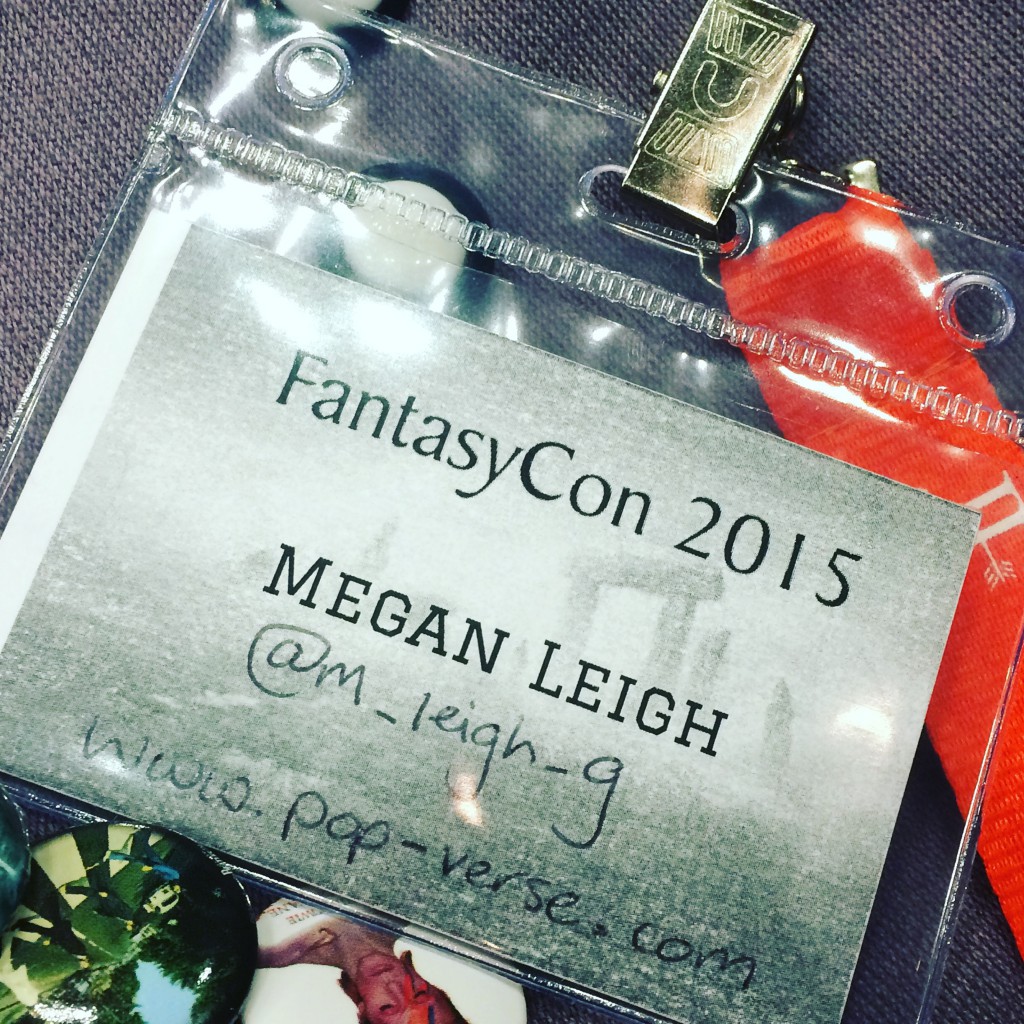 This was my first FantasyCon and first time on a panel, pretending to know what I was talking about (and I think I bluffed my way through fairly well, if I do say so myself). I’m not sure I was quite prepared for how packed the programme would be, with at least three things happening every hour, and most of the time you wanted to attend all of them. There is something for everyone on the programme, from a wide selection of panels (featuring a diverse range of people on the panels as well), interviews with authors, kaffeeklatches (informal chats with writers/publishers), book launches, readings, and social events for everyone to mingle and geek out together.
This was my first FantasyCon and first time on a panel, pretending to know what I was talking about (and I think I bluffed my way through fairly well, if I do say so myself). I’m not sure I was quite prepared for how packed the programme would be, with at least three things happening every hour, and most of the time you wanted to attend all of them. There is something for everyone on the programme, from a wide selection of panels (featuring a diverse range of people on the panels as well), interviews with authors, kaffeeklatches (informal chats with writers/publishers), book launches, readings, and social events for everyone to mingle and geek out together.
The one major take away from my weekend at FantasyCon is that all writers of SFF should attend this convention. You will meet wonderful people, build up a supportive community, and learn a lot. The 2016 convention, FantasyCon By The Sea, is already booked for September 23-25 in Scarborough. Put it in your diary, buy your tickets, and arrange your entire life around it. You won’t be sorry.
Striving for panel greatness
For a convention *and* panel rookie, being on the final panel slot had its definite advantages. From attending a dozen panels over the course of the weekend, I picked up a number of tricks for what made a great panel. I tried to take on board everything I had noted over the weekend, hopefully helping to make my panel – ‘Chained to the desk? A writer’s life under the microscope’ – a roaring success. For other panel rookies out there, I thought I would share some of the tips I picked up on…
Win that Oscar
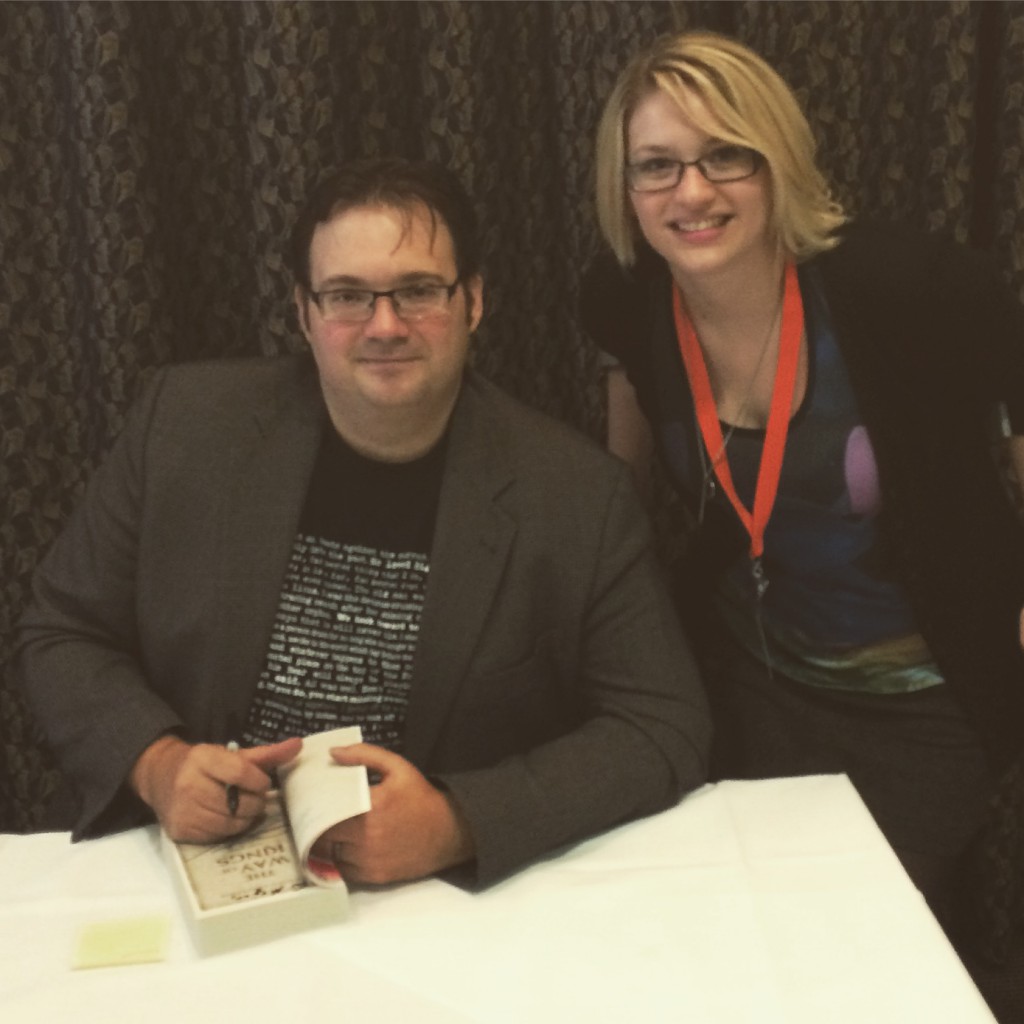 Most of us are not naturally confident – especially us shy, retiring writers. When it comes to getting up in front of a room full of peers and spouting our own opinions as though they are worthy of everyone’s attention, we often find ourselves embarrassed or feeling like frauds. But you know what’s worse than you feeling like a fraud? Coming across to the audience that way. If you don’t believe in what you’re saying, how can they? So you need to act your little heart out. Just pretend! And part of that act is speaking up and enunciating clearly – a panel is no place for your inside voice!
Most of us are not naturally confident – especially us shy, retiring writers. When it comes to getting up in front of a room full of peers and spouting our own opinions as though they are worthy of everyone’s attention, we often find ourselves embarrassed or feeling like frauds. But you know what’s worse than you feeling like a fraud? Coming across to the audience that way. If you don’t believe in what you’re saying, how can they? So you need to act your little heart out. Just pretend! And part of that act is speaking up and enunciating clearly – a panel is no place for your inside voice!
Be a good listener
This one I picked up from the master himself, Brandon Sanderson. Some of the best panelists are great listeners – they listen intently to their fellow panellists, often take notes, and build on what others have said. On a handful of occasions I found panellists who ended up repeating what others have said (without acknowledging the repetition or agreement with others), which made them look bad and wasted the audience’s time. Listening to others and building on what each person says also makes for a better discussion – worthwhile dialogue occurs as a conversation, not a lecture.
We all make mistakes
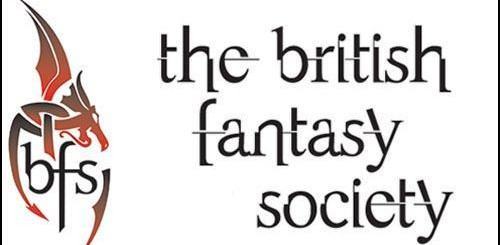 If you are nervous about appearing on a panel, remember that everyone makes mistakes. This is relevant in two ways: 1) people will forgive you if you stumble over your words or can’t remember the name of some author; 2) your audience will want to hear about the times you messed up and worked out how to right the problem. It is all about learning, after all, and hearing about how another writer messed up and overcame the issue is incredibly valuable.
If you are nervous about appearing on a panel, remember that everyone makes mistakes. This is relevant in two ways: 1) people will forgive you if you stumble over your words or can’t remember the name of some author; 2) your audience will want to hear about the times you messed up and worked out how to right the problem. It is all about learning, after all, and hearing about how another writer messed up and overcame the issue is incredibly valuable.
Don’t be a prickly pear
While honesty is important, if you do have a negative experience to draw from or discuss, make sure you spin it in a positive way. You don’t want to come across as bitter, griping about some bastard publisher or the blogger who wrote a bad review of your book. Always talk about what you learned, what was valuable, and how others might avoid falling into the traps you discovered on your learning journey. If you make your audience laugh during the panel, even better.
Whether you hope to be on any convention panel or specifically at FantasyCon, these are great points to remember. Hopefully I’ll see you next year at FantasyCon 2016!
 Pop Verse Pop Culture Universe
Pop Verse Pop Culture Universe
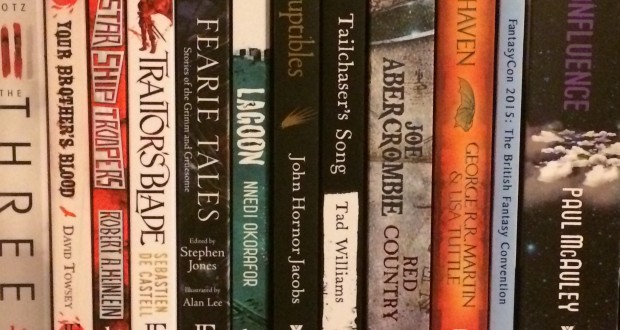


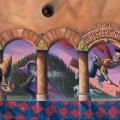
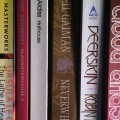


You certainly managed acting confident on the panel – if I hadn’t known beforehand, I never would have guessed it was your first time doing that. And now I’m seriously considering getting stickers to reward myself on my work calendar.
I’ve been in the audience when a panellist moaned about my review of their book, and it was very odd. The way he spun it made me think I couldn’t really trust the other stuff he said.